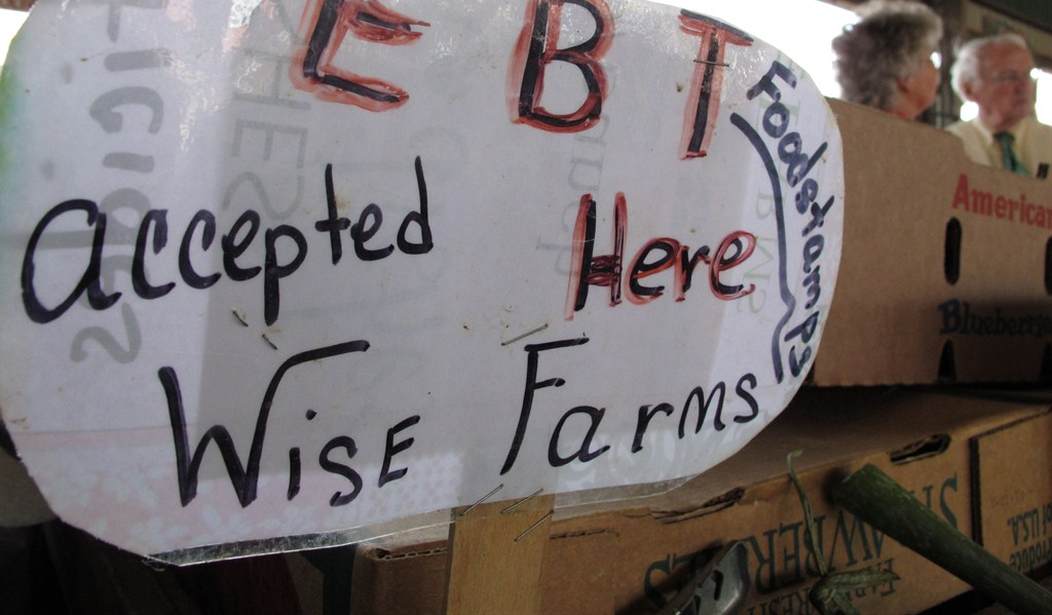“I guess I understand ‘better off’ in the context of healthcare. But ‘better off’ in inducing a person not to work who is on the low-income scale, not to get on the ladder of life, to begin working, getting the dignity of work, getting more opportunities, rising their income, joining the middle class, this means fewer people will do that,” Ryan told Elmendorf. In other words, Obamacare will create more “takers” not “makers,” in Ryan’s worldview.
...
Austin Nichols, a researcher at the Urban Institute, says such evidence makes him skeptical that Obamacare’s effect on the labor market will be as large as the CBO predicts. “I don’t think we’re going to see the kinds of reductions in labor supply that Elmendorf is talking bout today,” says Nichols. “We have also evidence from Massachusetts that doesn’t show a large impact.”
Even Nichols, of the liberal Urban Institute, doesn't dispute that Obamacare will indeed have work disincentives. He merely predicts that the work disincentives will not be as strong as estimated by the CBO.
But National Journal's Ron Fournier says that, even if it's true, Republicans are despicable people for saying so - because they doubt the industrious spirit of America.
The GOP argument takes a dim view of Americans. It assumes that the only reason millions of people work is for company health care insurance—that there is no inner drive to ascend economically and socially. Give me a government check and to hell with the American Dream.
That may be true for some Americans, but certainly not for most. The GOP argument has more than a whiff of Reagan-era racial "welfare queen" politics.
Recommended
This is nonsense. Much government policy is predicated on the fact that government policy can both incentivize and discourage people from working. Policymakers left and right have puzzled for years on how to construct the welfare state in order to least disincentivize work.
This is commonly called is the "welfare cliff" problem. Most social safety net programs phase out the higher you go up the income ladder. We have to balance benefit phase-out with worker motivation to make sure there isn't a point on the income ladder where people become threshhold earners, content enough with wages, benefits, and social programs that there is no incentive to work or earn more.
The social safety net varies across America due to state policy and there are many programs that interact with each other in conflicting ways: SNAP, housing assistance, Medicaid, EITC, child care credits, and more. The Pennsylvania State Secretary of Public Welfare puzzled over this problem in 2012, and created a chart of how public benefits interact with each other to create welfare cliffs that phase out:
 .
.
What this means is that as people in these low-end earner brackets make more money, they face massive effective marginal tax rates - sometimes the equivalent of 100%. Every dollar they earn would lose them more than a dollar in public assistance.
This isn't to say that people at the low end of the income ladder don't work hard. But they're not immune to marginal work disincentives. Everyone - rich, poor, middle-class - is subject to policy incentives, both good and bad. Obamacare's Medicaid expansion and insurance pool subsidies have created two massive new social programs that add welfare cliffs as they phase-out. In fact, Obamacare's architects worked very hard to carefully phase out so as to mitigate the welfare cliff effect. There's no way to completely eliminate it, though.
The CBO's prediction of over two million full-time jobs lost to work disincentives is the inevitable result of a massive new social program expansion that creates these welfare cliffs. Denying the existence of these welfare cliffs is to deny a problem that policymakers have puzzled over for decades.

























Join the conversation as a VIP Member